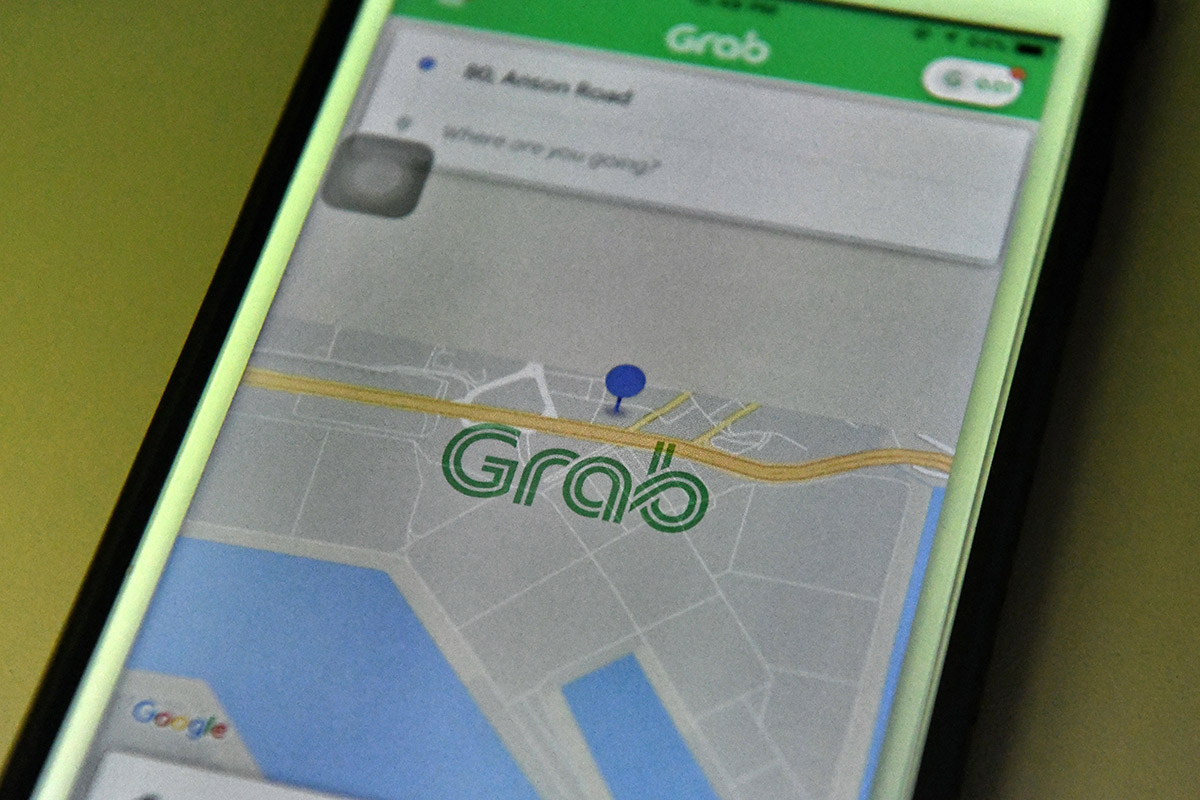The spectacular battle for dominance in the region’s ride-hailing market was put to bed a few days ago when Grab took over Uber’s Southeast Asian operations. The deal which was slated as the largest of its kind in Southeast Asia saw Uber walk away with a 27.5 percent stake in Grab and its Chief Executive Officer (CEO), Dara Khosrowshahi, given a seat on Grab’s board of directors.
Grab’s victory over its bitter rival ignited a media frenzy leading many to speculate on whether the Southeast Asian ride hailing giant would raise its prices when the dust of the merger had settled. On guard, are regulators in the countries where Grab operates, including Singapore, Malaysia and the Philippines, who have warned that any price hike would see them step in to ensure a fair and competitive environment.
As Grab is headquartered in Singapore, the merger will have to comply with regulations governed by the Competition Commission of Singapore (CCS). The CCS has the authority to review any merger or acquisition which may negatively impact healthy business competition on the island republic. If found to be so, it can necessitate for the merger to be undone.
Nevertheless, Grab has assured that there are no plans thus far to raise fares for users. According to Sean Goh, Country Head of Grab in Malaysia, pricing is dependent on various factors like regulations and market forces. Whether these forces drive prices upwards or downwards, Grab would adjust their fares accordingly in order to be fair to both, riders and users.
Many will be quick to dismiss other competitors to Grab simply because of its overwhelming presence in the region. There seems to be no way for other ride-hailing applications to compete.

According to Adli Amirullah, an economist with the Institute for Democracy and Economic Affairs (IDEAS), bigger companies like Grab will definitely have a pronounced advantage thanks to economies of scales. While admitting that monopolies were not good for a functioning free market, Amirullah was disinclined to say with absolute certainty if the merger would have a positive or negative impact on consumers because e-hailing is a relatively new industry.
In Singapore, the island nation’s largest taxi operator, ComfortDelGro entered into a joint venture agreement with Uber months before the Grab buyout. With the news of the Grab-Uber merger confirmed, the agreement which was struck to counter Grab’s tie-ups with local taxi operators is currently in limbo. It could mean that ComfortDelGro will lose quite a bit of its competitive edge in the region, but its investors have remained positive as its share prices saw a 2.5 percent uptick as of close yesterday.
However, competition is necessary for any free market and in some places like the Philippines for example, the environment is ripe for Grab to face stiff competition from burgeoning companies offering similar services. Lag-go, OWTO and HYPE, are three such companies awaiting accreditation and could begin operations in the archipelagic country before the end of the year.
Perhaps Grab’s largest competitor in the region is Indonesia’s Go-Jek. Indonesia represents Southeast Asia’s largest market and within its borders, Grab still remains in second spot behind this unicorn startup.
Go-Jek’s offerings are more localised and suited to the Indonesian palate. Its wide range of services from massages and pedicures on the go, to movers and food delivery apart from ride-hailing has earned it a place amongst “super apps” like WeChat in China. Grab has and will probably still find it difficult to break Go-Jek’s hold on the Indonesian market in the short and medium term.
However, given Grab’s modus operandi, chances are they will not back down from a fight and this could mean Go-Jek would have to up their game in the business. The company has already announced plans to expand to three or four other countries in the region.
Will Go-Jek be successful in stopping Grab’s onslaught? That’s anyone’s guess. As of now though, if Grab’s purchase of Uber Southeast Asia garners the approval of the CCS, the company is set to enjoy a monopoly in the short-term.
